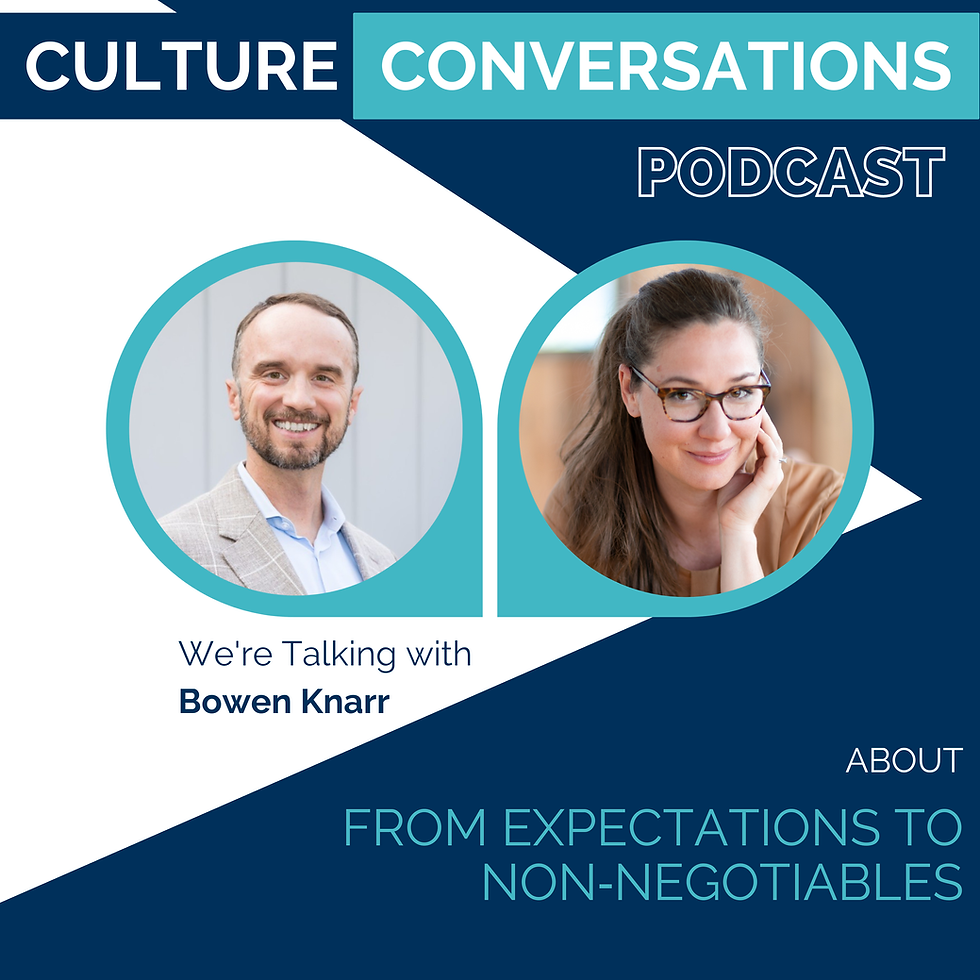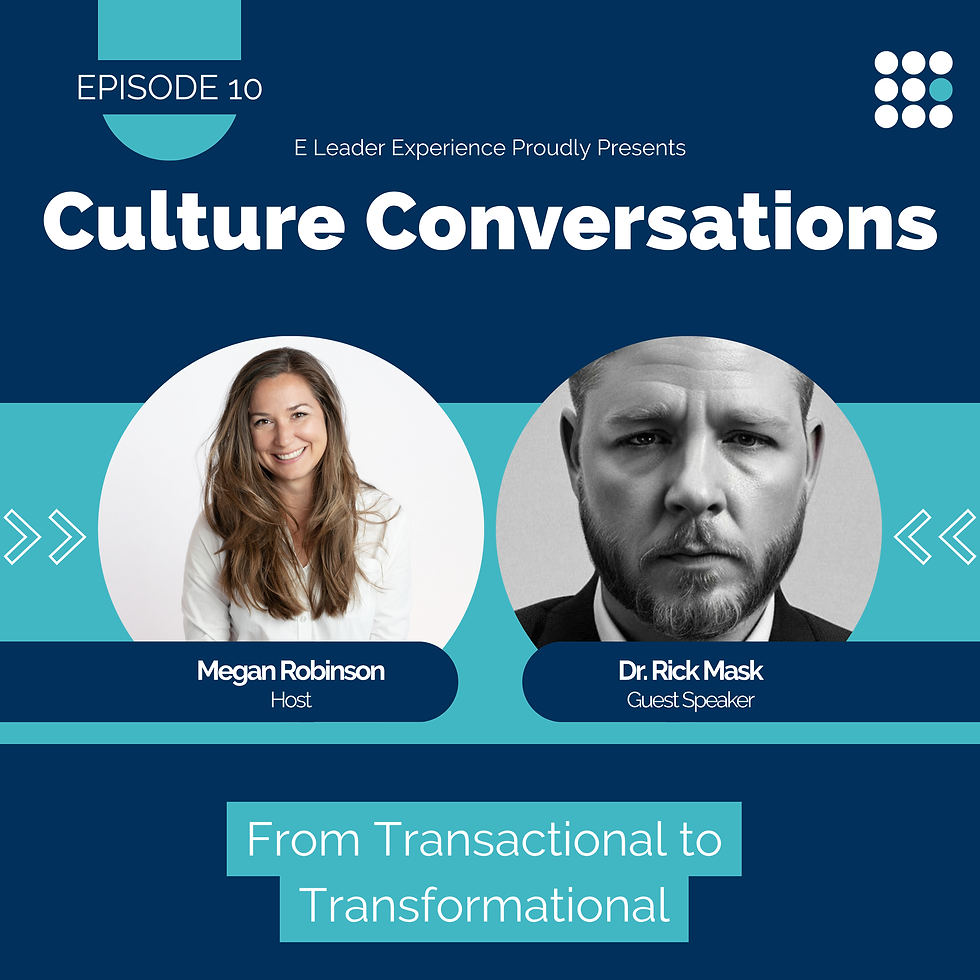Breaking Down Leadership into Skills
- Megan Robinson

- Jun 20, 2024
- 3 min read
What makes a good leader?
Ask this question to ten different people, and you will get ten different answers. There's no one right answer. After all, leadership means different things to different people.

It would make sense, then, that evaluating leadership as a single, definitive item would be unhelpful. But that's often what we find companies doing. Unfortunately, attempting to rate someone's "leadership" on a scale of 1-5, for instance, will cause more confusion than clarity.
A better approach to measuring and developing leadership is to consider it a collection of specific skills and competencies. When you're ready to focus on developing yourself or your team into better leaders, start by identifying the skills and competencies that align with your values, company culture, and organization's goals. Now, you'll have a more transparent and objective understanding of what it takes to be a successful leader.
Defining Leadership Skills
If leadership is essential to your organization (spoiler alert: it is), then it's crucial to name and define each leadership skill. This way, everyone can clearly understand what it takes to be considered a leader at your company.
Instead of working towards a nebulous concept, everyone will know exactly what skills to focus on and develop a plan to grow in each area. By providing this transparent framework, you can avoid any confusion and give your team concrete goals to aspire to. You can also track your progress and celebrate your achievements!
The Nuances of Leadership Skills
Though it's a critical step, naming each skill will only solve some of the problem. You'll quickly find there will be nuances in how each leader shows up with those skills you've defined and how each person uses them to perform their job.
Your organization might identify that good leaders have excellent communication skills. While some people may be under the impression that since they're the loudest in the room, they have that one handled, you might desire different communication traits -- such as being the clearest or the most concise. Explaining these elements can clarify otherwise confusing feedback.
Instead of saying, "You need to be a good leader," you can shift your feedback to something specific, such as, "To become a better leader, you can enhance your communication skills by improving your ability to deliver clear and concise messages." This way, the focus is shifted towards a specific area of improvement in a specific skill that can help you become a better leader.
This approach also bridges gaps in assumptions and beliefs about what effective leadership looks like. When everyone has a playbook with a glossary, you get better discussions and more effective coaching.
Skill-Based Leadership and Bias Reduction
Adopting a skill-based approach can also significantly reduce biases in leadership development. Traditionally, leaders tend to favor protégés who mirror their own strengths and weaknesses.
But you're not Dr. Evil. You don't need a Mini-Me. You need a well-rounded team with different strengths and weaknesses, working to grow your skills in a way that elevates your team altogether.
Core Leadership Skills
While every organization's list may look a bit different, here are some core leadership skills that might make it onto most lists:
Decision Making: Decision-making in leadership requires a balanced approach that considers immediate needs and future implications. Culturally, an emphasis on this skill may reflect the company's commitment to sustainable growth and stability.
Risk Management: Risk management is crucial for leaders to protect the organization's interests while pursuing growth opportunities. This is vital for a company with a culture that prioritizes long-term success over short-term gains.
Communication: Probably a skill that will be found on every list, effective communication in leadership ensures that messages are heard, understood, and implemented correctly. This skill is essential in companies that value transparency to foster a collaborative culture.
Critical Thinking: Critical thinking skills allow leaders to challenge conventional approaches and innovate new solutions. Organizations that encourage continuous improvement and problem-solving will likely have this skill on their list.
Updating Your Leadership Skills Expectations
Industries are constantly changing, and organizations must keep up with the times. What a company prioritizes in terms of leadership skills today may not be the same one year from now, so it's important for the organization's leadership development framework to stay flexible and adaptable.
Are you interested in sharpening some leadership skills or even redefining the leadership development structure within your organization? Let's talk!




Comments